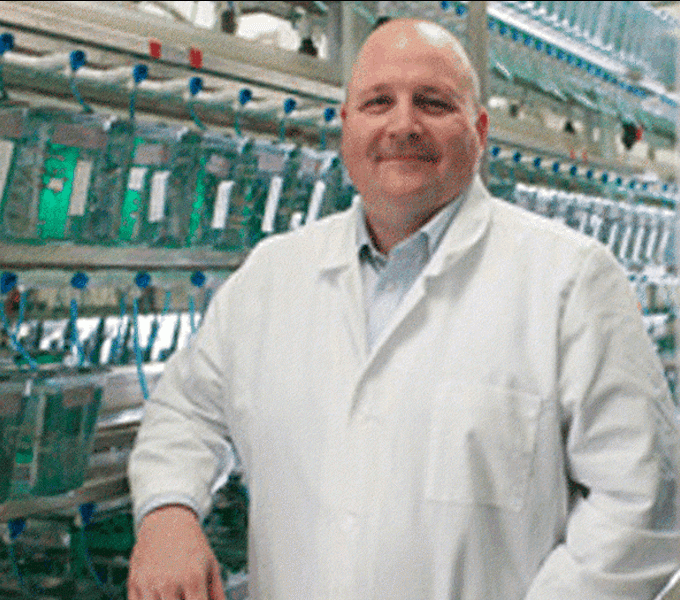Faculty

Understand the causes of diseases with disruptions between the immune system and the microbiota, such as Crohn’s Disease and Environmental Enteropathy.
*Currently accepting Graduate Students

The Hatfull lab in the Department of Biological Sciences at the University of Pittsburgh studies the molecular genetics of the mycobacteria and their mycobacteriophages.
*Currently accepting Graduate Students

Human visual perception and visual cognitive functions such as attention and perceptual decision-making require the highly specialized processing capabilities of the cerebral cortex. However, it has become increasingly clear that the visual capabilities of humans and other primates also depend vitally on coordinated interactions between cortical and evolutionarily ancient “subcortical” brain regions as well.
Work in the Herman lab aims to understand how visual functions of the brain depend on subcortical-cortical interactions with a particular emphasis on the role of learning. The lab employs carefully controlled psychophysical tasks, large-scale extracellular electrophysiology, neuronal perturbation, and computational modeling techniques to explain the relationship between both intact and perturbed neuronal activity to ongoing behavior. The lab is particularly interested in leveraging learning-driven structured variation in behavior to understand how groups of neurons guide specific cognitive functions.

My lab addresses this question by examining microbial molecular mechanisms associated with disease. We study Streptococcus pneumoniae, a major human pathogen that causes over a million annual deaths in young children and the elderly, worldwide.
*Currently accepting Graduate Students

Studying signaling proteins and receptors of the TGF-beta family, deciphering the molecular adaptations that the signaling proteins, single-pass transmembrane receptors, downstream effectors, and multitude of extracellular and intracellular modulators.
*Currently accepting Graduate Students

My research involves the use of techniques from data science, machine learning, human-computer interaction, and information visualization to increase the usability and utility of clinical, public health, and other biomedical data.
My research focuses broadly on participatory and expertise-driven approaches to AI design, development, and evaluation, with a particular interest in AI's impacts on human workers. I draw on approaches from human–computer interaction (HCI), AI, design, cognitive science, learning sciences, statistics, and machine learning, among other areas.
*Currently accepting Graduate Students

One of the most important functions of the brain is its ability to sense and rapidly respond to ongoing stimuli in the environment. Sensory information is distributed throughout multiple interconnected areas of the brain, but the precise identity of these circuits, and how they orchestrate sensory perception remain unknown. In order to understand even the simplest forms of sensory-guided behaviors, it is imperative to elucidate the mechanisms by which multiple, connected areas cooperate to mediate behavior.
The main questions that motivate our research are:
(i) How does the cortex modulate sensory information in downstream subcortical regions during sensation that guides behavioral decisions?
(ii) What are the mechanisms by which highly interconnected brain regions are affected by, and recover from, cortical injury or stroke?
Our research program combines animal behavior, high-speed imaging, motion tracking, in vivo electrophysiology, and optogenetic methods, using the mouse whisker system as a model. We aim to determine how cortical and subcortical activity cooperate to mediate sensory-motor transformations in parallel, providing a foundation for understanding behavioral deficits and recovery mechanisms associated with cortical injury.

Dr. Xiaoming Hu's research seeks to understand how immune responses contribute to the pathogenesis of neurological disorders, including ischemic stroke, traumatic brain injury, and vascular cognitive impairment and dementia.

Identify renal progenitor cells, determine their role in patterning the embryonic kidney, and relate these events to kidney regeneration.
*Currently accepting Graduate Students
